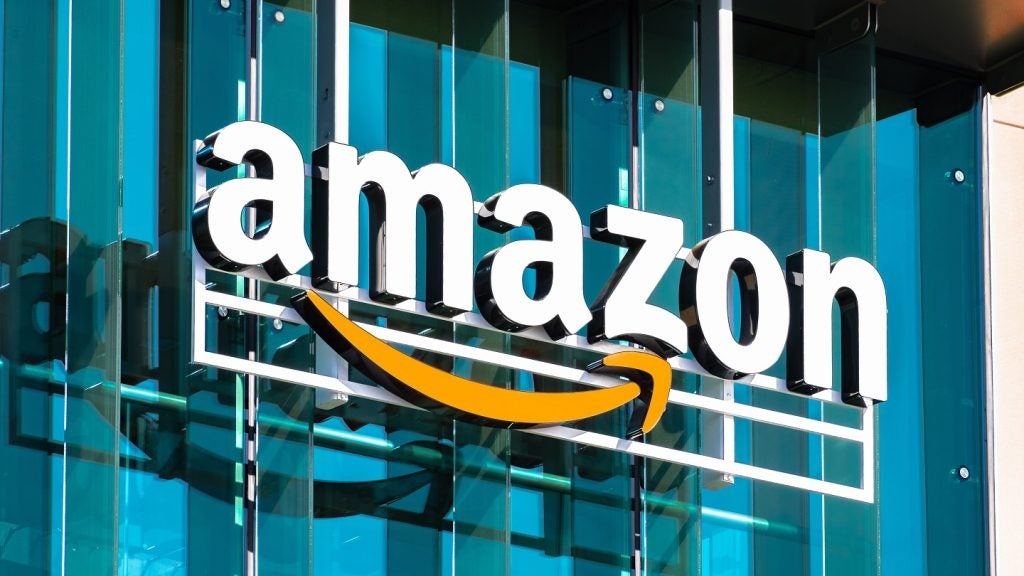
In the current climate of consumer concern about the environment, it is easy to fall into the trap of rushing to appease the consumer without thinking through the implications. The last few weeks alone have seen a number of cases where the apparent benefit turns out to actually be a retrograde step.
An environmental push gone wrong
Fast food chain McDonald’s was quick to respond to the heart-wrenching images of sea creatures surrounded by swathes of plastic waste – and the ensuing consumer rejection of all things plastic – by replacing its plastic straws with reinforced paper substitutes.
Ironically, McDonald’s plastic straws were in fact recyclable while, according to a leaked internal memo, the paper straws cannot currently be recycled. They are therefore being placed into the general waste system and ultimately incinerated. This method of disposal contributes to greenhouse gas emissions which fuel global warming – an arguably more pressing issue than the plastic tide, albeit less visible.
The company is now urgently working with its recycling partner to allow the new paper straws to be recycled. Although a temporary blip, the negative PR associated with the news that the straws have to be binned may prove to be have a longer life.
In separate news, a climate scientist from the University of Edinburgh has pointed out that buying local fresh produce may be worse for the environment than imported products. Many consumers have latched on to the idea that buying local is better, as it avoids food miles.
However, tomatoes grown in northern Europe in the middle of winter will have been grown in artificially heated greenhouses, guzzling fossil fuels and emitting copious quantities of climate-warming carbon dioxide. By contrast, tomatoes nurtured in the deserts of Tunisia benefit from daytime sunshine, and can use geothermal heating to counter chilly nights. These savings more than offset the environmental impact of transportation.
How well do you really know your competitors?
Access the most comprehensive Company Profiles on the market, powered by GlobalData. Save hours of research. Gain competitive edge.

Thank you!
Your download email will arrive shortly
Not ready to buy yet? Download a free sample
We are confident about the unique quality of our Company Profiles. However, we want you to make the most beneficial decision for your business, so we offer a free sample that you can download by submitting the below form
By GlobalDataWhat lessons can be learned?
The first must be: beware the law of unintended consequences. When companies and the public make knee-jerk reactions to emotive issues, there is a risk of creating a new problem in the place of the old one. It is critical therefore that any response should be well thought through. While it may be tempting to act quickly to harness publicity, getting it right first time can save a lot of future headaches.
Secondly – for environmentalists as well as the business community – communication and education are key. Publicising the fact that its plastic straws were already recycled could have given McDonald’s a competitive edge and an instant positive environmental message. This would have allowed it time to iron out any recycling issues with its paper straws before they even reached any of its restaurants. Likewise, better information on the production methods and potential environmental impact of locally grown out-of-season vegetables could prevent consumers from making poor decisions in their purchasing.
Finally, and most critically, there is a risk of a consumer backlash. If the public sees the credentials of a product perceived as better for the environment being discredited repeatedly, they are likely to lose faith in the brands promoting them. Moreover, the whole eco-crusade may lose momentum as people’s views become jaded.









Related Company Profiles
MC Donald